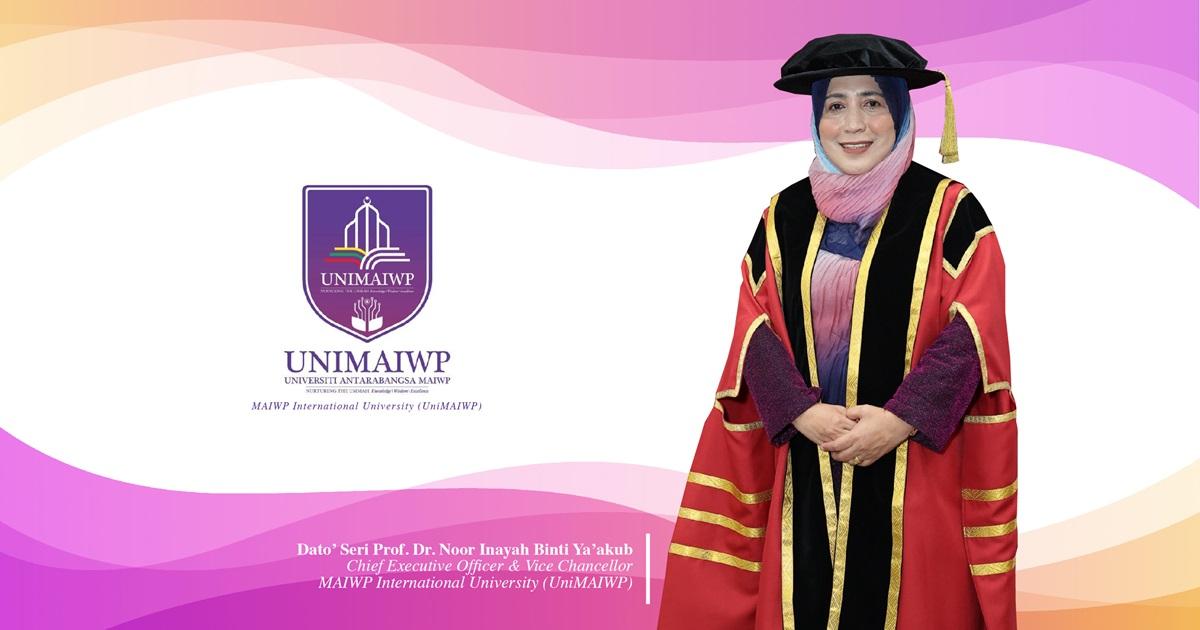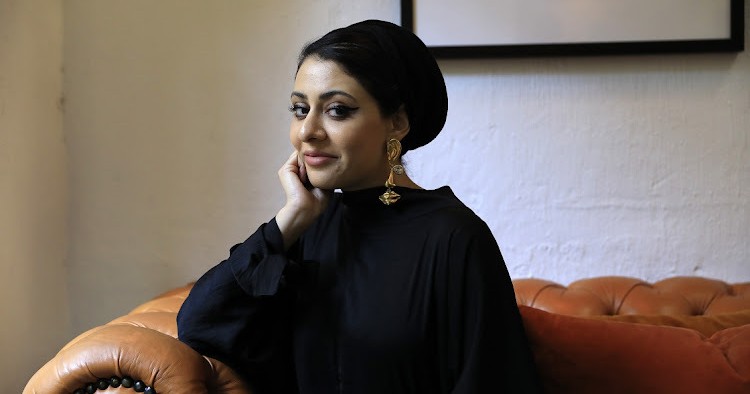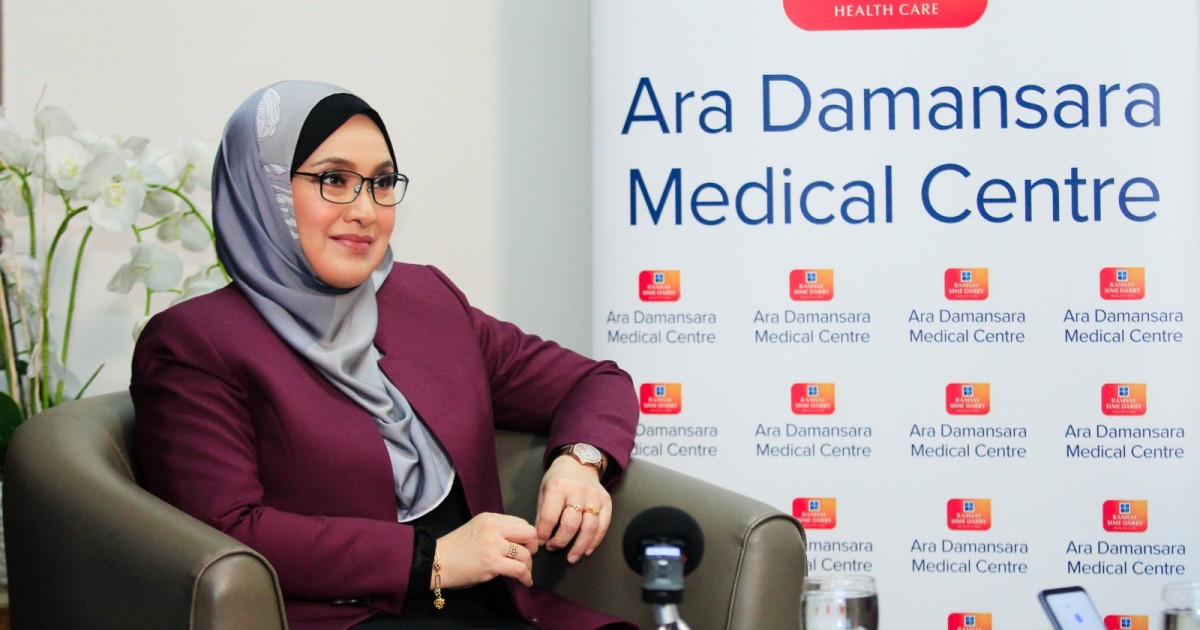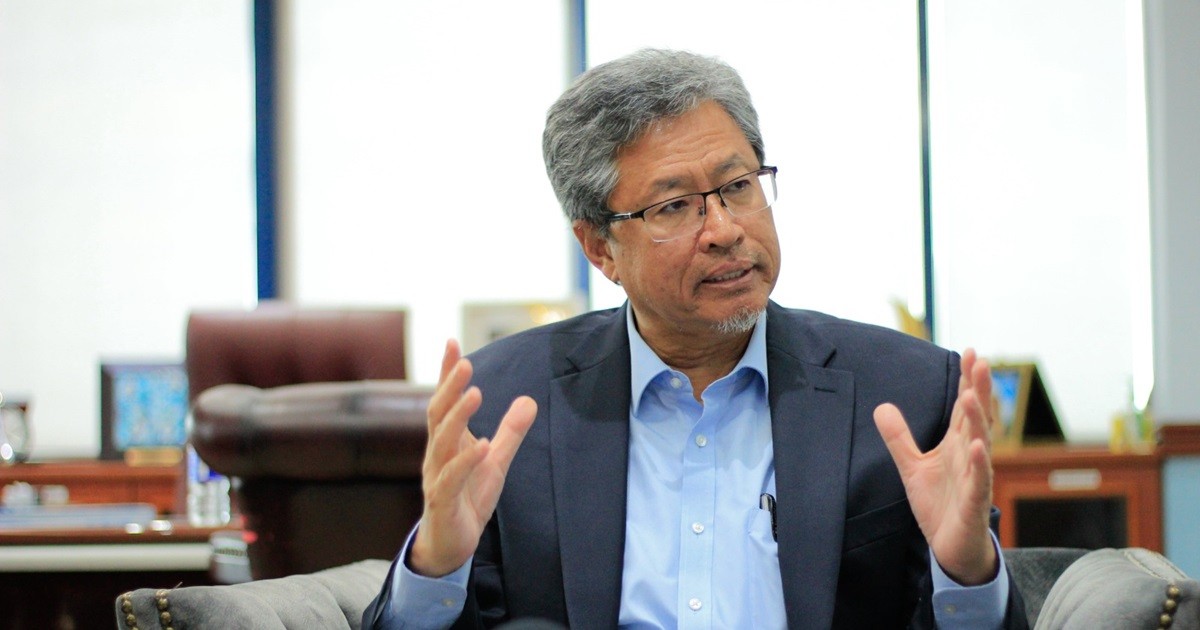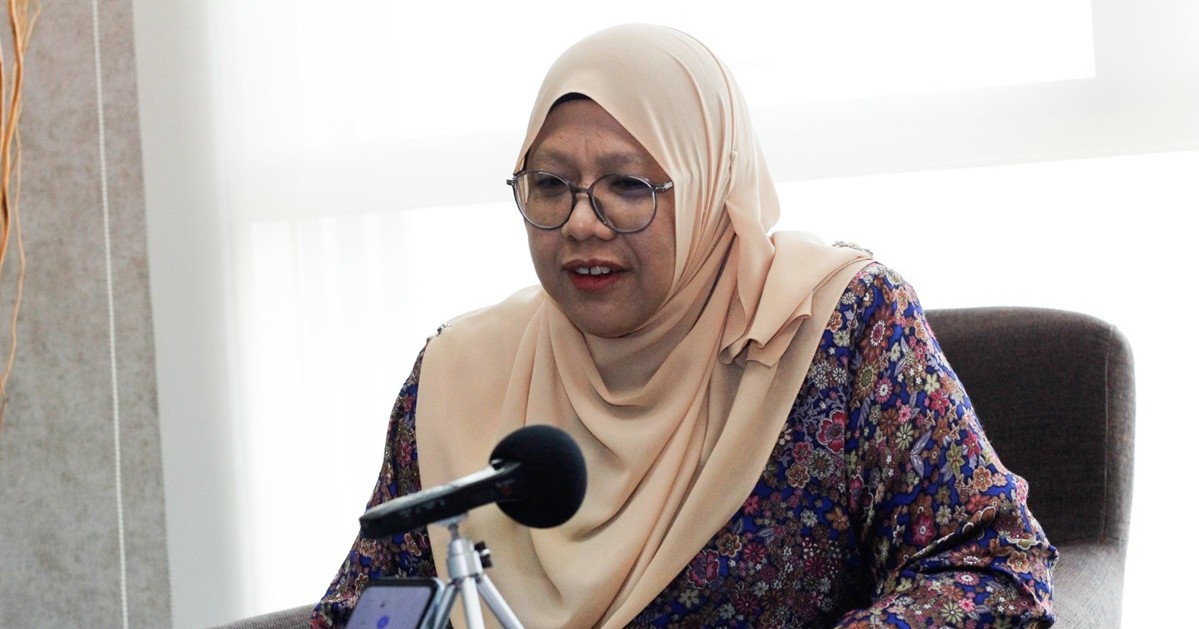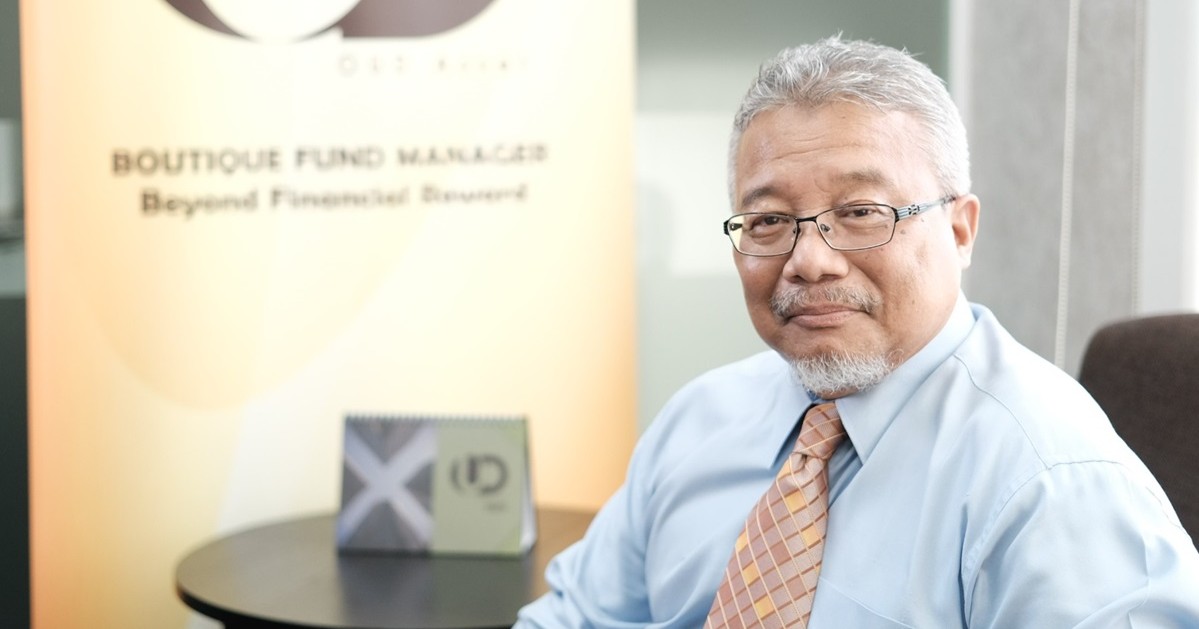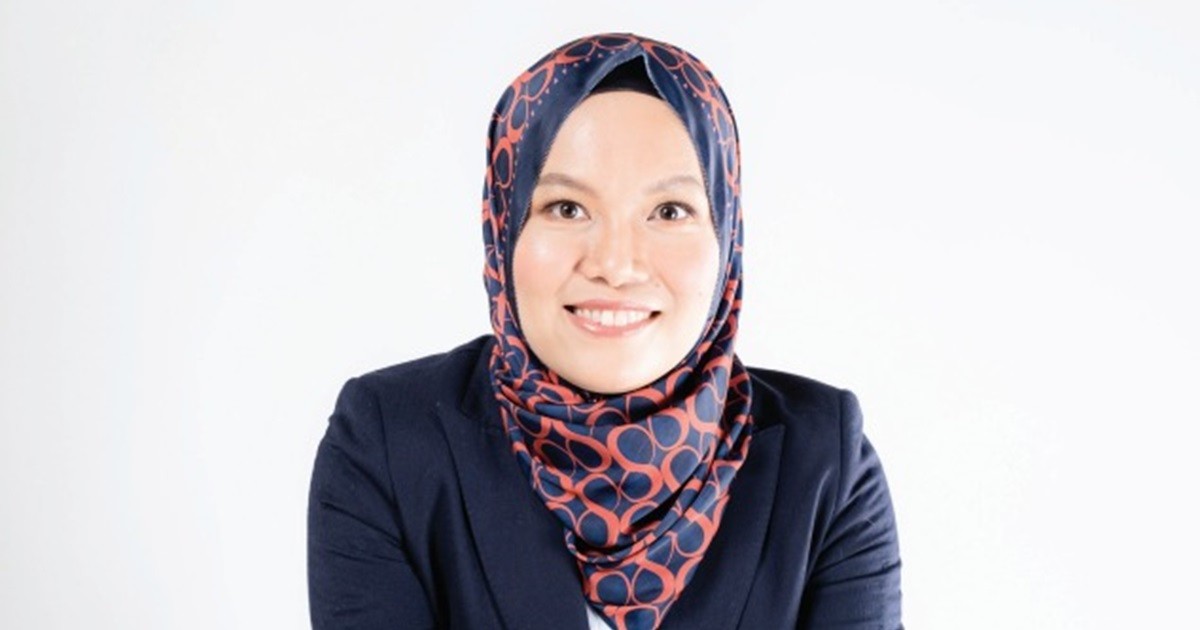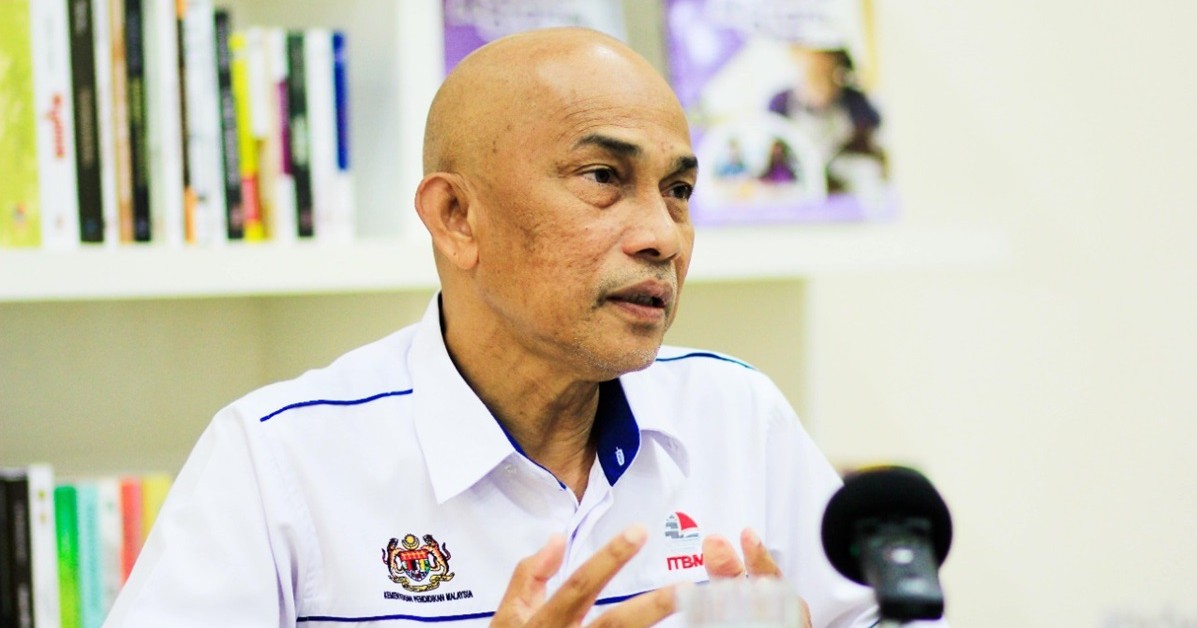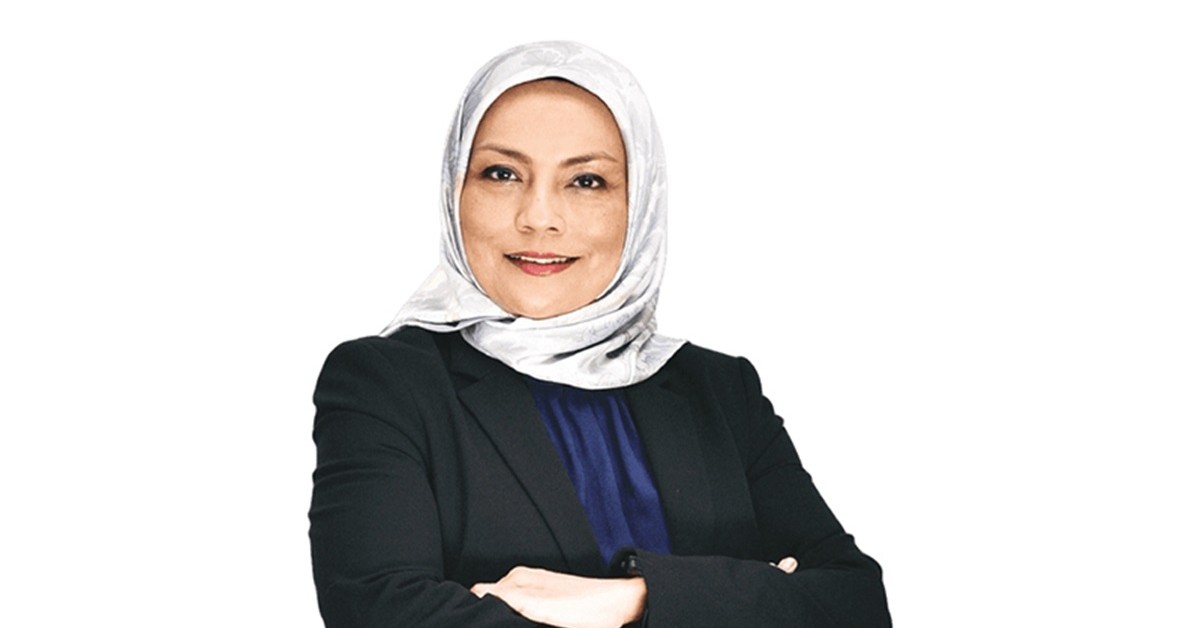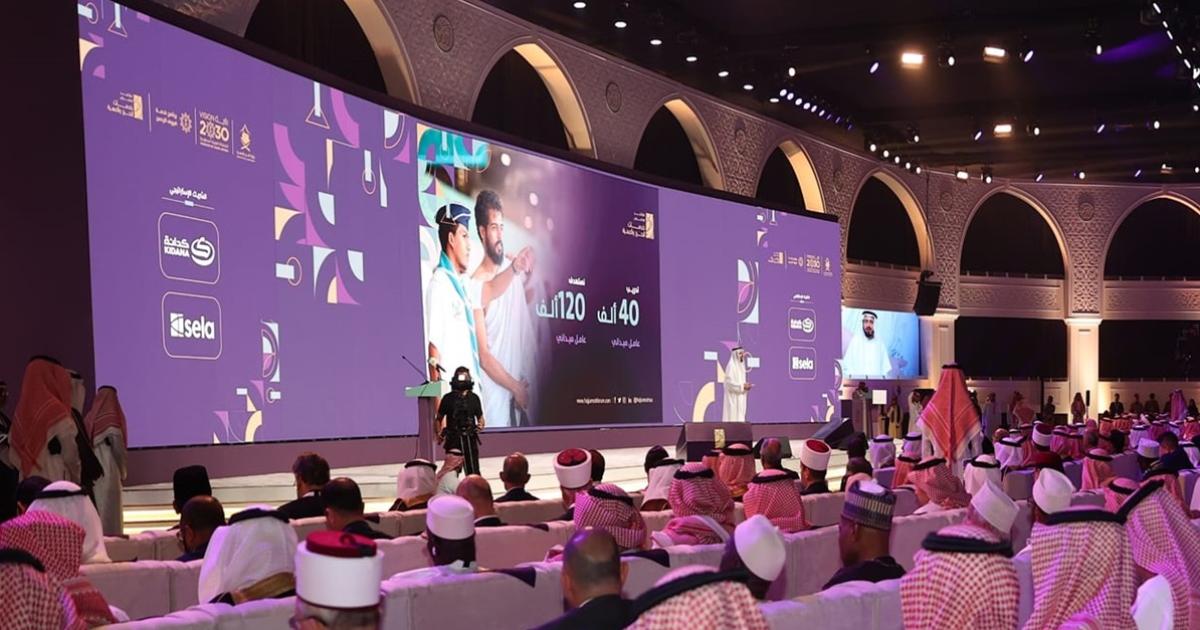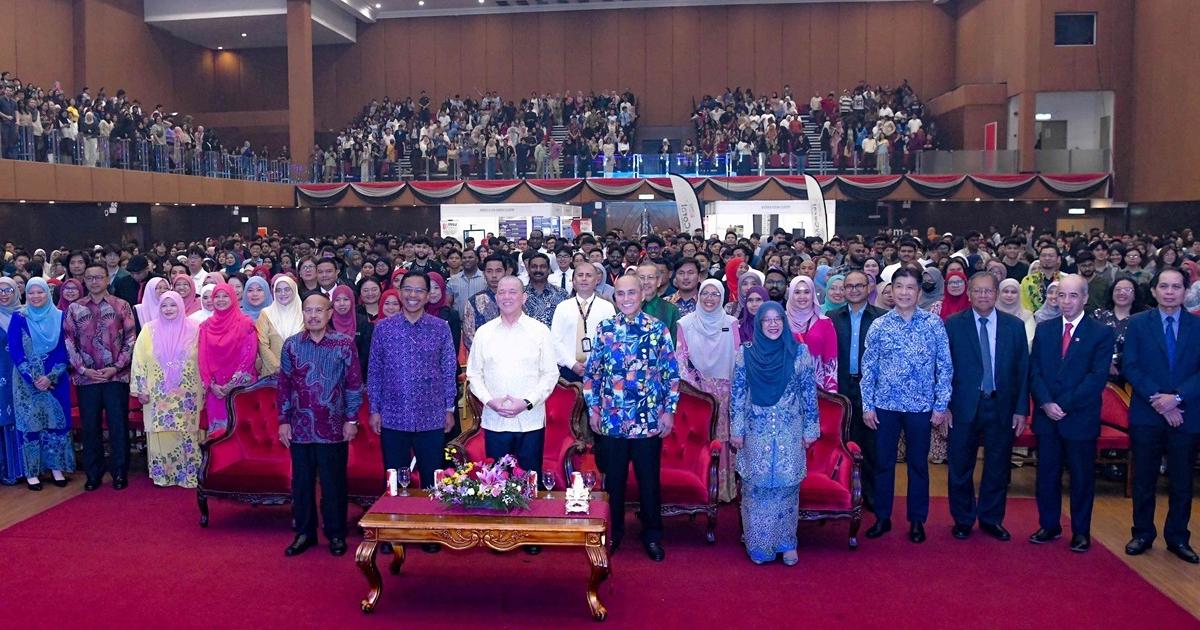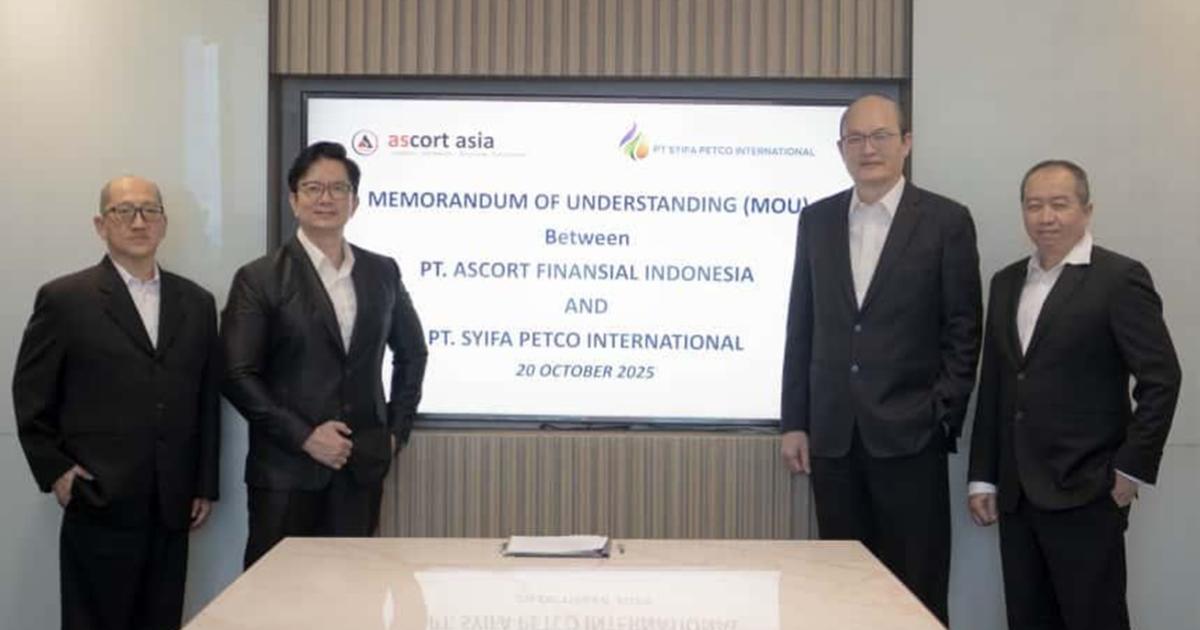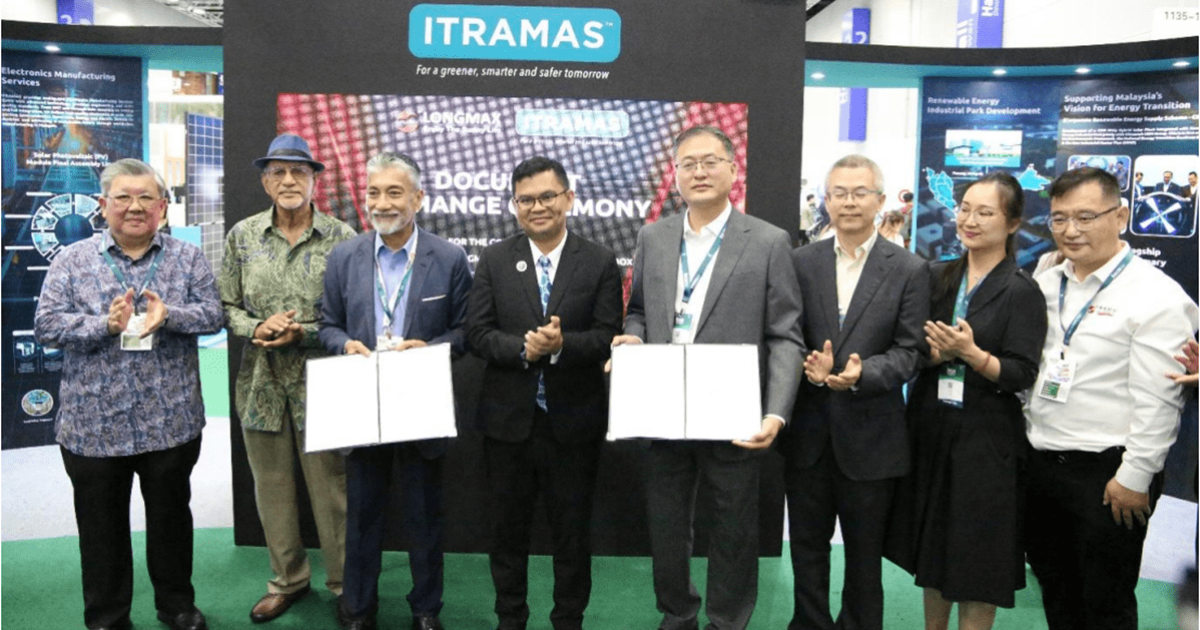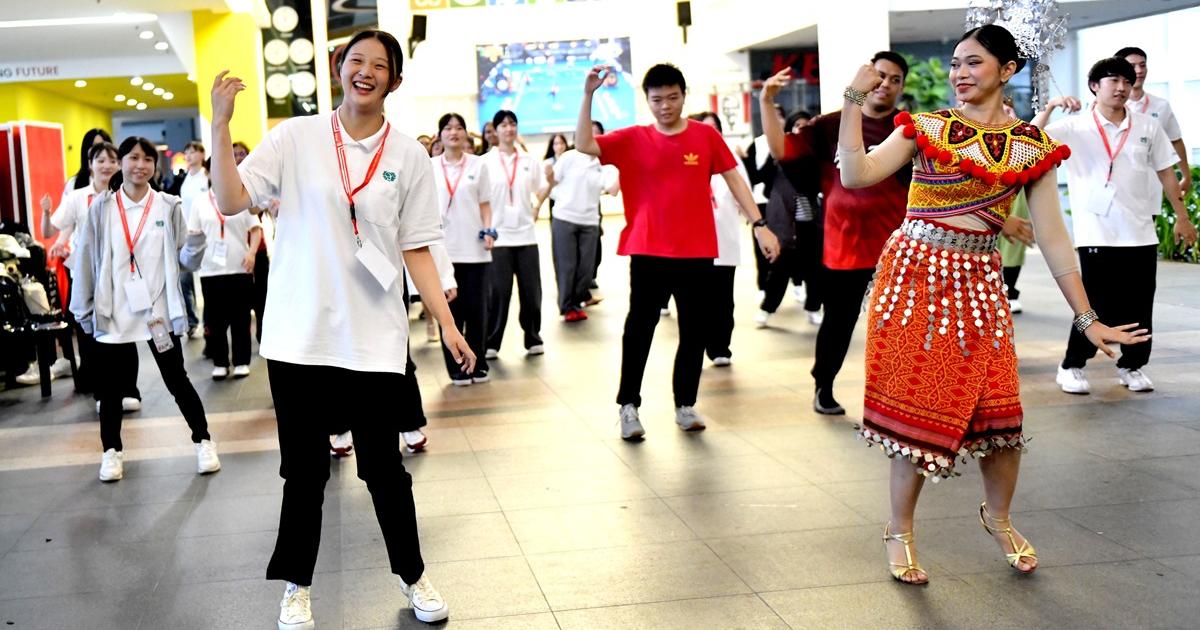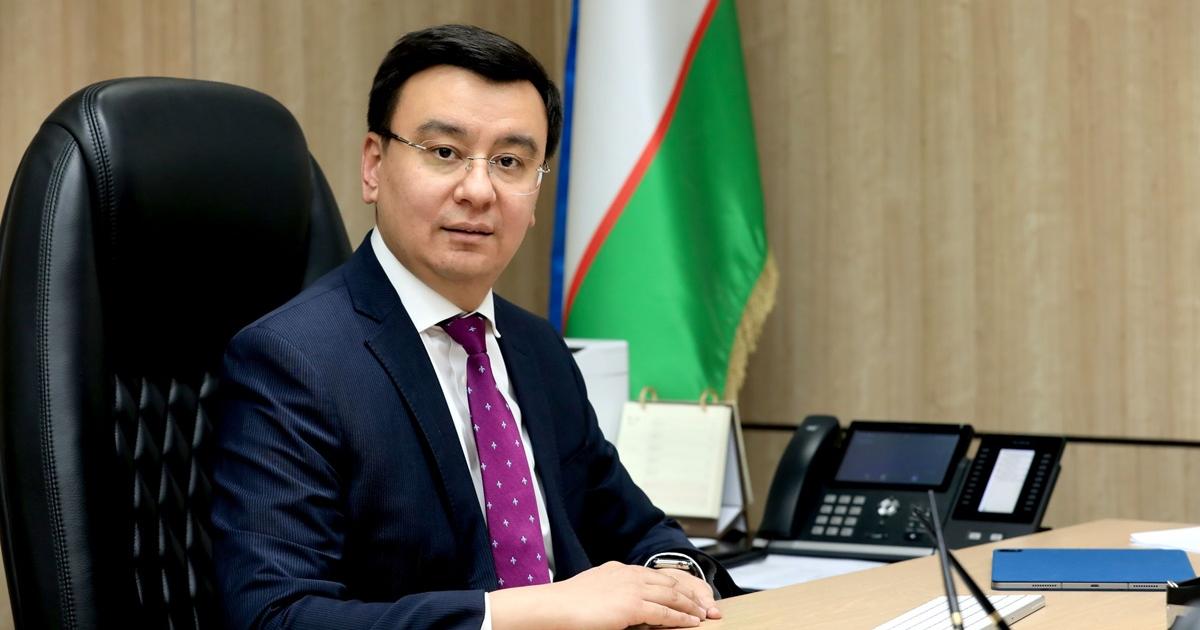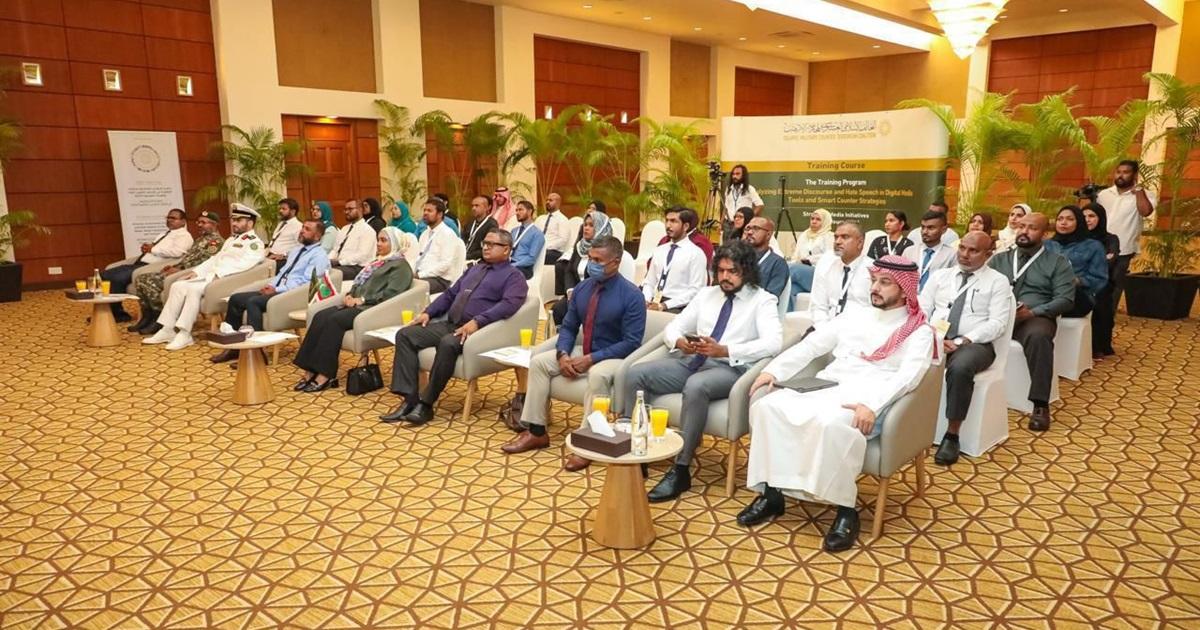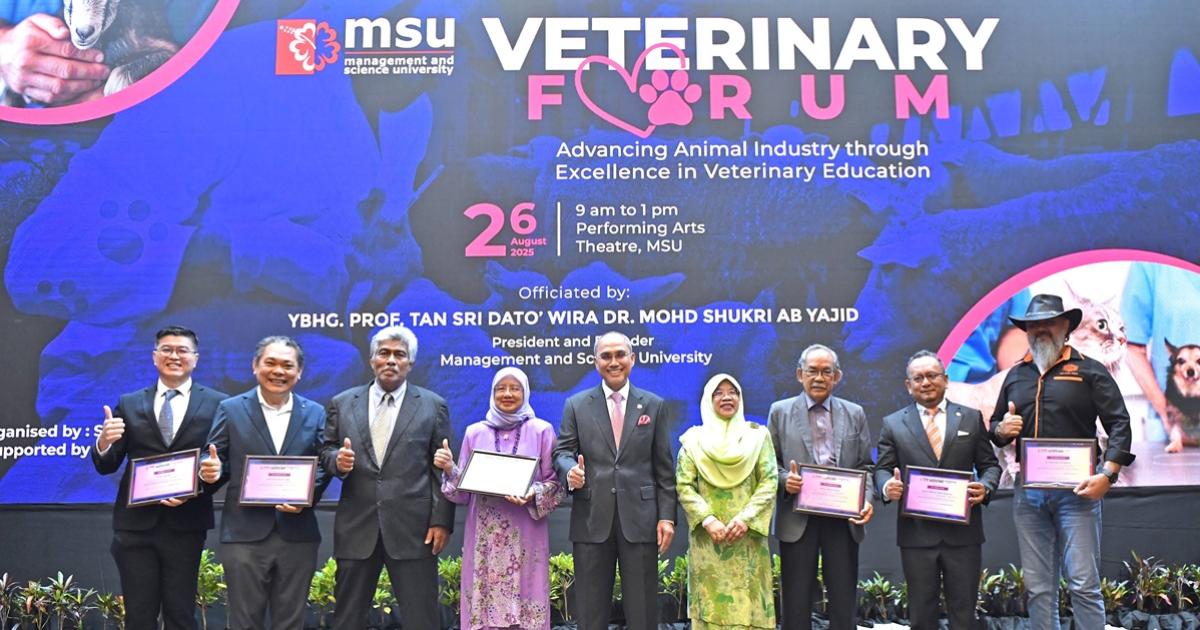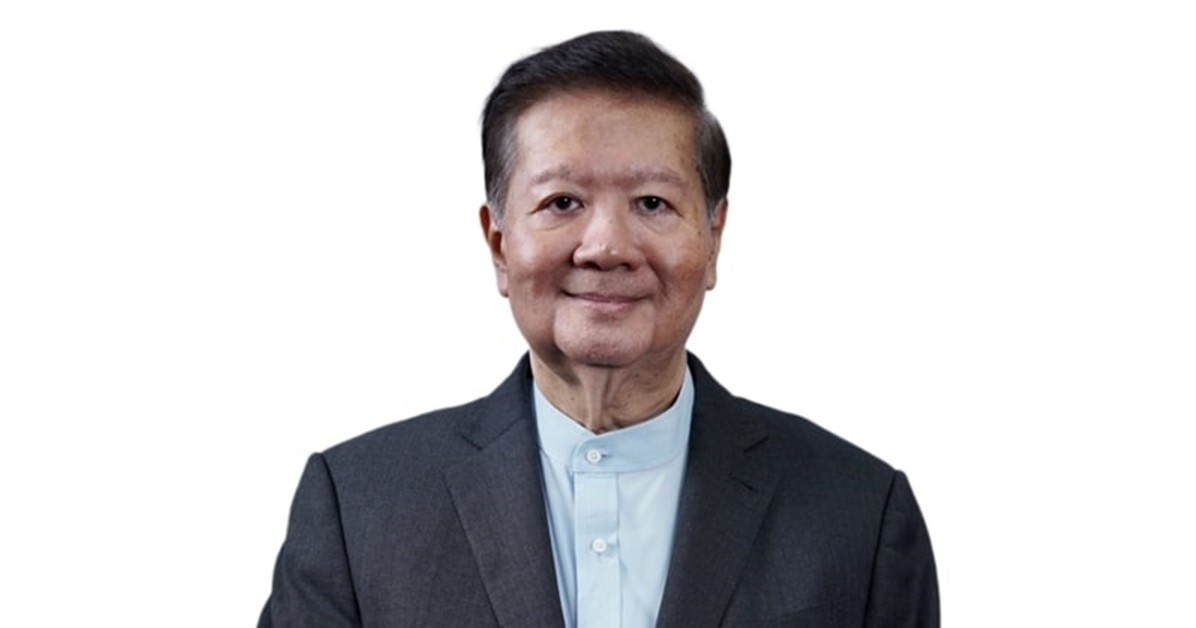
An Interview With Ybhg. Tan Sri Michael, Yeoh Founder & President of KSI Strategic Institute For Asia Pacific
Brief Profile of the CEO:
Tan Sri Michael Yeoh is a prominent and highly respected figure in the realm of global geopolitics, economics, and public policy. With a distinguished career spanning several decades, he has made an indelible mark on the world stage, primarily through his role as the Chief Executive Officer of KSI Strategic Institute of Asia Pacific. Holding a degree in Economics from Monash University and having received an honorary Doctor of Laws degree from the University of Nottingham, he has also completed advanced management programs at the Wharton School and Harvard Business School. Furthermore, he is honoured as a Fellow of the Malaysian Institute of Management and the British Institute of Directors.
Tan Sri Michael Yeoh’s visionary leadership, profound insights, and unwavering commitment to advancing the interests of the Asia Pacific region have earned him a place of eminence in the international arena. Under his stewardship, KSI Strategic Institute has evolved into a pivotal institution, driving discussions, research, and strategies that directly influence the course of Asia’s socioeconomic development, governance, and international relations. His expertise is underscored by his exceptional ability to bridge the gap between academia, government, and industry, fostering a collaborative environment where innovative solutions to the region’s challenges can be forged.
As the author of five books, he has been a featured speaker at events hosted by prestigious organizations such as the World Economic Forum, Confederation of Indian Industry, Centre for China and Globalization, the Asia Society, the China Development Institute, World Policy Conference, and renowned institutions like Oxford and Cambridge Universities. OIC Today is delighted to engage in a conversation with Tan Sri Michael Yeoh about his diverse range of experiences.
Tan Sri Michael: Can you share the founding story of KSI and how the company has evolved since its inception?
What inspired the establishment of KSI, and how has the company’s mission evolved over time? Around five years ago, a group of prominent business leaders, joined by individuals committed to shaping a more promising future for Malaysia, initiated a collaborative effort. This gathering, which counted Australian participants among its members, was instrumental in the formation of the KSI, symbolizing Knowledge, Strategy, and Innovation. It’s worth noting that our chosen motto is “KSI for the Common Good,” emphasizing our conviction that enterprises should go beyond pure commercial interests and adopt a more expansive mission dedicated to enhancing the public welfare.
We recognized a necessity for a platform that fosters research, analysis, and discussions concerning pressing matters in the Asia-Pacific region. There was a desire for positive transformation, a necessity to confront regional obstacles, to advocate for effective governance, to act as a bridge between academia and government by offering research grounded in evidence to guide policymaking, and the significance of uniting experts, scholars, government officials, and various stakeholders to cooperate and share ideas. These fundamental principles propelled our initiatives.
We are a research institute and think tank based in Malaysia, dedicated to addressing a diverse array of concerns encompassing economic development, governance, and public policy within the Asia-Pacific region. Our mission involves establishing a platform for research, analysis, and the formulation of policy recommendations, with the objective of nurturing cooperation and comprehension among governments, businesses, and civil society. This collaborative approach is aimed at tackling the intricate challenges that confront the region.
Throughout its existence, KSI has refined its mission to align with the shifting requirements and hurdles in the AsiaPacific region. This transformation has encompassed the broadening of research scopes, fostering partnerships with international counterparts, and actively participating in policy discussions and advocacy. Our endeavours have left a discernible imprint on policy shaping and decision-making processes, both within Malaysia and across the expansive Asia-Pacific landscape. Notably, this contribution has played a pivotal role in shaping policies and strategies designed to contend with economic, social, and environmental challenges.
How has your leadership at the KSI Strategic Institute for Asia Pacific contributed to the advancement of strategic studies and policy research, particularly in providing valuable insights into geopolitical, economic, and security issues within the AsiaPacific region?
During my tenure as the CEO of KSI Strategic Institute for Asia Pacific, I’m proud to say that our institution has made significant contributions to the advancement of strategic studies and policy research, especially in the context of geopolitical, economic, and security issues within the Asia-Pacific region. Here are some ways in which our leadership has played a role in this advancement:
We hosted a multitude of international conferences, along with numerous forums and policy roundtables. Furthermore, we engaged in collaborations with various organizations, providing a platform to deliberate on significant strategic matters. Through these deliberations, we formulated recommendations, which were presented to both the government and the United Nations Economic and Social Commission for Asia Pacific (UN ESCAP). I currently hold a position on the UN ESCAP’s Executive Council. Our engagement extends to a diverse spectrum of individuals, including experts, think tanks, civil society organizations, and academics, fostering a vibrant exchange of ideas and knowledge.
In summary, our leadership at KSI has focused on fostering research excellence, collaboration, and informed dialogue, which has resulted in valuable insights into geopolitical, economic, and security issues within the Asia-Pacific region. These efforts have contributed to the advancement of strategic studies and policy research, positively impacting the region’s development and stability.
Your initiatives have been recognized for fostering collaboration and dialogue among countries in the AsiaPacific region, aiming to enhance understanding and cooperation on key regional issues. Can you share specific examples of successful initiatives or outcomes that demonstrate the positive impact of these collaborative efforts?
Over the course of several years, we’ve created a platform titled the Global Chinese Economic and Technology Summit, with the primary aim of strengthening cooperation between China and the ASEAN and East Asian regions. On November 7, 2023, we convened a summit in Shenzhen, China, which acted as a focal point for entrepreneurs, corporate executives, and enterprises, including small and medium-sized businesses (SMEs), enabling conversations on our collective endeavour to promote digital technology and sustainable, environmentally friendly economics. These are the core objectives of our initiative.
We have also established several other international platforms. One of these is the Asia Economic Entrepreneurship Summit, in collaboration with China Daily, China’s premier English newspaper. Another noteworthy initiative is the Pacific Basin Economic Council, our oldest council in the Pacific region, founded in 1960. In addition, we are in the initial stages of launching the Global Muslim Business Forum, which is scheduled to take place towards the end of November. These platforms have played a significant role in fostering global discourse and knowledge exchange, particularly in the realms of digital economy and technologies, as well as the World Green Sustainability Summit, which specifically centres on green and digital technology.
Given the unprecedented challenges posed by the COVID-19 pandemic, we are interested in learning more about how KSI Strategic Institute for Asia Pacific navigated through these times. Could you share insights into the strategies and initiatives implemented by KSI to adapt to the pandemic, ensuring the continuity of operations, and how these measures have positioned the institute for the future?
The COVID lockdown has impacted our business because of our heavy dependence on hosting conferences as a primary revenue source. With lockdown restrictions enforced, our capacity to hold in-person events was greatly limited, leading to a significant impact on our earnings.
As a result, we launched a costsaving initiative, which involved implementing salary reductions for our staff, including my position as Chief Executive Officer. These salary levels have not been completely reinstated, and we are progressively introducing the adjustments. Furthermore, we reduced our office space and made dedicated efforts to cut down on operational costs. Another significant change during this time was our heightened emphasis on organizing webinars and transitioning our conferences and forums to online platforms. Within this virtual realm, we placed particular focus on subjects like dentistry, digital health, and various aspects of health and wellness.
You are known for your engagement on the international stage, representing the institute in various conferences, events, and forums that focus on global and regional issues. How do these international engagements contribute to the mission and goals of the KSI Strategic Institute for Asia Pacific, and can you share a particularly impactful experience or outcome from your participation in such events?
Primarily, our platform allows us to establish contact with numerous highranking international individuals, who we might not typically have the chance to encounter. An impactful experience is when I received an invitation to participate in the G20 Summit. This event took place in New Delhi, as part of the G20 Business Summit, and provided an opportunity to engage with prominent CEOs and leading companies from Europe, the United States, and China. This networking opportunity is one clear advantage.
Additionally, attending conferences enables us to gather valuable information and knowledge that we can bring back with us. As an example, these international engagements offer opportunities for leading thinkers to exchange ideas and expertise, promoting the sharing of best practices and experiences. They serve as forums that unite government officials, business leaders, and prominent thought leaders to address pivotal strategic matters. We assemble distinguished speakers from governmental, managerial, and academic spheres to share their wisdom, perspectives, and forwardlooking insights, culminating in the creation of reports and policy suggestions for the government. Additionally, exclusive, high-level dialogues are conducted behind closed doors with senior government ministers and officials.
Your long and distinguished career has earned you recognition, awards, and accolades for your contributions COVER STORY GATEWAY TO ISLAMIC ECONOMIES 9 SPECIAL FEATURE to the fields of strategic studies and public policy. How do you believe these honours reflect not only your personal achievements but also the impact of the work carried out by the KSI Strategic Institute for Asia Pacific in advancing strategic thinking and policy development within the region?
I am deeply honoured and humbled by the recognition and accolades that I’ve received throughout my career. These honours are not just a reflection of my personal achievements but also a testament to the collective efforts of the KSI Strategic Institute for Asia Pacific in advancing strategic thinking and policy development in the region.
The Institute has always been committed to fostering innovative ideas and promoting sound public policies. We believe in the power of collaboration, bringing together experts, thought leaders, and policymakers to tackle the pressing challenges facing the Asia Pacific region. The accolades and recognition I’ve received are a result of our collective dedication to the mission of the Institute.
I see these honours as a validation of the impact our work has had in shaping the strategic landscape and advancing policies that contribute to the greater good of the region. It reinforces our commitment to continue working tirelessly to promote a better, more secure future for the Asia Pacific through rigorous research, thoughtful analysis, and meaningful policy recommendations.
OIC today had the pleasure to talk to Datuk Seri Mohd Iqbal Rawther, a distinguished and influential figure at the helm of KSI Strategic Institute for Asia Pacific, serves as a Deputy Chairman, OIC. With a rich tapestry of experiences and expertise, Datuk Seri Mohd Iqbal Rawther has become a pivotal force in shaping the institute’s strategic initiatives and vision. His unwavering commitment to advancing the socio-economic landscape of the Asia Pacific region has earned him a place of prominence in the world of policy and governance.
He is a Fellow of the Chartered Institute of Bankers (“FCIB”), London and an Emeritus Fellow of the Malaysian Institute of Management, Malaysia. He holds a bachelor’s degree in economics and a master’s degree in business administration, both from University of Malaya and has professional certificates from the Institute of Education, University of Birmingham, UK, and the Harvard Business School, USA.
He is also currently the Group Deputy Chairman of Farlim Group (Malaysia) Berhad, a company listed on the Kuala Lumpur Stock Exchange and the Emeritus Chairman of the Business Advisory Council of United Nations Economic and Social Commission for Asia and the Pacific (UNESCAP) and Malaysian representative at the East Asian Business Council (EABC) In this introduction, we will explore his remarkable journey and contributions to KSI Strategic Institute for Asia Pacific.
Datuk Seri Iqbal: Considering the ‘Innovations and Transformation in Islamic Economies’ theme of the Global Muslim Business Forum, can you share specific insights into how your company is contributing to or leveraging innovations in areas like Islamic finance, green technology, or agriculture, and how you foresee these contributions impacting the broader landscape of Islamic economies?
To start, I hold the belief that the world is presently undergoing profound shifts on various levels. These alterations encompass the physical domain, involving environmental and planetary issues, as well as the social aspect, which is greatly impacted by societal upheavals and ongoing changes. Significantly, these developments, whether they pertain to the planet or society, wield a significant influence over economic affairs. The overarching idea that connects both the global environment and human society is sustainability – the question of whether we can sustain our current path into the future or if we must embark on a new course.
In the context of sustainability concerns, it’s crucial to recognize that the Islamic world and Islamic nations form fundamental elements of the global arena. An examination of the Islamic world reveals a tendency towards selfsufficiency and a degree of isolation, with a focus on maintaining regional and neighbouring ties. Nonetheless, there exists a significant aspiration for enhanced collaboration among Muslim nations and economies, exemplified by initiatives like the Organization of Islamic Cooperation (OIC).
In the present situation, particularly in response to the pandemic, the need for such integration has grown more urgent than ever. While it was once seen as a path to gradual progress, recent conditions have prompted a reassessment. Overlooking neighbouring nations can result in constraints on your own adaptability. Therefore, considering neighbouring countries and their supply chain connections is of utmost importance. Furthermore, it is essential to evaluate whether the Islamic world has embraced diverse production methods and innovations that provide a competitive edge compared to other regions of the world. The answer is a mix of yes and no.
Given these circumstances, the question arises: how can we expedite this process?
We’ve been exploring this question at KSI and in collaboration with our global partners. For instance, in the context of the Global Muslim Business Forum (GMBF), we have the United Kingdom as a key supporting organization, alongside the International Islamic Chamber of Commerce and Industry and Agriculture as partners in this endeavour. The primary objectives are centred around effecting changes that align with global realities, fostering innovations, and accelerating the adoption of these innovations for the betterment of the Muslim world.
How can businesses and organizations leverage the significant economic growth and untapped potential within the global Muslim economy, particularly in sectors like halal food, Islamic finance, travel, and modest fashion, to not only benefit from the burgeoning Muslim consumer base but also contribute to addressing global challenges such as food insecurity, financial market volatility, and climate change?
When examining Islamic economics and finance and their influence on the worldwide stage, they resonate strongly in the realm of financial services. The Islamic financial model is not confined to the domestic sphere but extends globally, encompassing the entire economic and financial system. However, in terms of scale, the global financial landscape is vast, with a market size of approximately 400 trillion. In contrast, the Islamic finance segment represents only about 1 trillion, which is less than 1% of the total. This indicates the potential for significant growth. While the impact of the Islamic economic and financial system is substantial within its own sphere, it remains a relatively modest contributor on the global stage.
As you correctly highlighted, the next significant aspect is, of course, halal food. We are addressing a population of approximately 1.9 billion individuals across the world, comprising Muslims. It’s important to note that this population isn’t classified based on specific affiliations or subsets; instead, they share common trends in the consumption of food and beverages, regardless of any doctrinal differences. Halal, in this context, is a universal concept embraced by all. Halal has evolved beyond its doctrinal origins, now signifying not only compliance with religious requirements but also emphasizing hygiene and sanitation. This shift has introduced a hygienic dimension to the Islamic halal food sector, which has experienced substantial growth and occupies a substantial position in the global market.
Beyond these two aspects, what new developments are emerging? First and foremost is modest fashion. This trend is gaining prominence because, in traditional and modern contexts, especially in Western societies, fashion often revolves around minimizing fabric consumption and revealing the body. However, in Islam, the perspective is the opposite, emphasizing modesty, covering, and minimizing exposure. This concept is not limited to Muslims alone; it is embraced by conservative individuals worldwide, regardless of their religious background. It’s essential to note that this isn’t a critique of Western fashion; it’s simply a different viewpoint that people consider.
Another rapidly growing sector is travel and hospitality. With a population of 1.9 billion people, many of whom are increasingly seeking satisfying and joyful travel experiences, the demand for destinations offering environmental quality, diverse cuisine, social etiquette, and efficient transportation is on the rise. This sector presents significant opportunities for development.
Finally, but not least, the food sector is of paramount importance. Food security is a topic of widespread concern, and this aspect is a critical priority, especially in the wake of the post-COVID era, where travel has regained considerable momentum. People will be scrutinizing this on a larger scale. Yes, there is a build-up of what we refer to as “pent-up demand,” and the focus has undergone a significant shift. Even in the Islamic world, the traditional emphasis on European destinations, coastal cities, and entertainment hubs is giving way to a more culture-oriented approach. This shift involves a greater emphasis on cultural experiences and the ability to harmonize with the environment and local communities. Take Malaysia, for instance; it can play a pivotal role in attracting Islamic travellers who seek this type of experience. These examples can serve as a clear model for other Islamic countries, encouraging them to explore their own unique offerings and tap into the growing demand for tourism and hospitality.
How does the Global Muslim Business Forum envision fostering collaboration and contributions amonggovern ments,corporations,international organizations, investors, and civil society to address key issues?
When discussing the civil society movement in certain Islamic countries, it appears to be less dynamic compared to what we observe in other regions. Generally, the ability to express one’s views is often seen as a manifestation of democratic freedom. However, in Islamic countries where democracy is in place, even in well-established democracies, this freedom might have limitations and boundaries. Thus, there are variations in the approaches taken in different regions.
Empowering civil society is a crucial aspect of any system. It provides a platform for individuals to voice their perceptions regarding the perspectives put forth by their country or organization. In addition to international organizations, there are regional entities like the Gulf Cooperation Council, which undertake initiatives and coordinate their efforts. Notably, the Gulf Cooperation Council recently engaged with ASEAN, a group that includes countries with substantial Muslim populations, such as Indonesia, Brunei, and Malaysia. These interactions are contributing positively to the discourse.
However, it’s worth mentioning that the voice of Islamic countries in international organizations, such as the Asian Development Bank, the IMF, and the World Bank, may not be as influential as desired. For instance, the Islamic approach and the ability of Islamic countries to make statements in these organizations need improvement. This is especially important considering the focus of the World Bank on developing economies, where Islamic countries hold a significant position. There is ample opportunity to enhance engagement and convey the message more effectively
In what ways does the Global Muslim Business Forum aim to serve as a bridge, facilitating connections between the Muslim World and the non-Muslim community, and how does it intend to spotlight and disseminate insights on the latest trends across various sectors?
When discussing the Muslim economy or Islamic finance, it’s important to note that it’s not exclusive or confined to a particular group. Engagement is a key aspect of this discussion. Interaction with institutions, businesses, and individuals plays a crucial role. For instance, consider the halal food sector; you’ll find that some non-Islamic or non-Muslim-majority countries have recognized the opportunities it offers. They produce halal food for export, meeting Islamic requirements, as well as complying with auditing protocols. Even in Malaysia, a country known for its halal food sector, it’s not solely dominated by Muslims. Several non-Muslim companies participate and meet the necessary criteria. This illustrates that it’s a matter of business proposition, and Muslims need to enhance their competitive edge. They should capitalize on this experience and extend it to other areas where similar advantages can be found.
When discussing initiatives like setting up halal hubs within a country or promoting the halal food sector, it’s worth noting that these concepts are feasible. For example, in Malaysia, each state focuses on establishing a halal hub to encourage the halal food sector, and this is a positive development. The knowledge and advantages acquired through these endeavours benefit both domestic and international trade. Can these GATEWAY TO ISLAMIC ECONOMIES 11 SPECIAL FEATURE COVER STORY experiences now be extended to other countries with favourable conditions, including suitable soil and climate for agriculture, as well as access to water and other resources for production?
In such places, production can be localized, and the food can be exported to meet the food security needs of other countries that may have a deficit. For instance, if Malaysia is experiencing a rice shortage and seeks rice from India, it’s a positive step. Malaysia could also consider contributing to rice production in India, Pakistan, Bangladesh, or other nations. This form of integration is likely to occur, and the GMBF aims to provide the pathways for this kind of collaboration.
How does the initiative to promote investment in Muslim countries plan to explore new growth opportunities, and what strategies are in place to unlock the full potential of untapped resources and markets, ensuring sustainable economic development?
Indeed, this is a highly challenging objective. Take, for example, the Islamic Development Bank, which was established primarily to address developmental issues. They believe they are fulfilling their role, but when it comes to the supply side of what’s provided and the diverse needs of countries and societies, including different regions and communities within those countries, you realize that each entity has distinct dreams and requirements. The question is, how can we effectively reach out to all these diverse needs? To do so, there’s a need for more localized institutions within each country and strong linkages between these entities. One pressing concern, which organizations like KSI are taking up, is that during crises such as the COVID pandemic and financial crises, the behaviour of Western models of monetary systems and the financial systems adopted by countries, which are still predominantly based on the Western system, becomes evident. There is no complete alternative available yet, and this creates a gap that needs to be bridged.
Various initiatives, like the International Monetary Fund and Asian Monetary Fund, have been discussed at high levels. For instance, KSI is suggesting the formation of an Islamic monetary alliance among Muslim countries, not just as a financial alliance but to share experiences and insights. This alliance could involve discussions on best practices, their benefits, and common problem-solving approaches. It might also include pooling resources and adopting a unified stance when approaching international financial organizations like the International Monetary Fund, the Asian Development Bank, or the Islamic Development Bank. These are some of the topics we believe will be ongoing discussions, not only within the GMBF but in subsequent conversations as well.
Why did we embark on the GMBF exercise? It all began with our experiences dating back to 2012, nearly a decade ago. At that time, we realized that Islamic countries weren’t lacking in natural resources or potential. They possessed abundant human and natural resources. However, a common problem persisted across most of these countries – issues with their political processes and leadership.
To address this concern, we initiated the World Muslim Leadership Forum, where we brought leaders together to exchange experiences and learn from successful individuals about their strategies for progress. Since leadership plays a vital role in success, we aimed to enable our leaders to either adopt successful strategies or refine their own.
As this initiative progressed, we discovered that effective leadership was essential, but not the sole determinant of success. A country’s business sector is equally crucial. We realized that it’s akin to an airplane with twin engines – leadership alone can’t guarantee reaching your destination; you also need a thriving business sector. This realization led to the establishment of the Global Muslim Business Forum (GMBF), which was initiated last year and has been ongoing.
In the GMBF, we’ve brought together 20 leaders from both the public and private sectors, fostering collaboration between government and business. This combination is essential to chart the flight path towards our shared destination.
- Business News 100
- Country News 16
- Feature News 30
- International News 151
- Interview News 35
- National News 18





